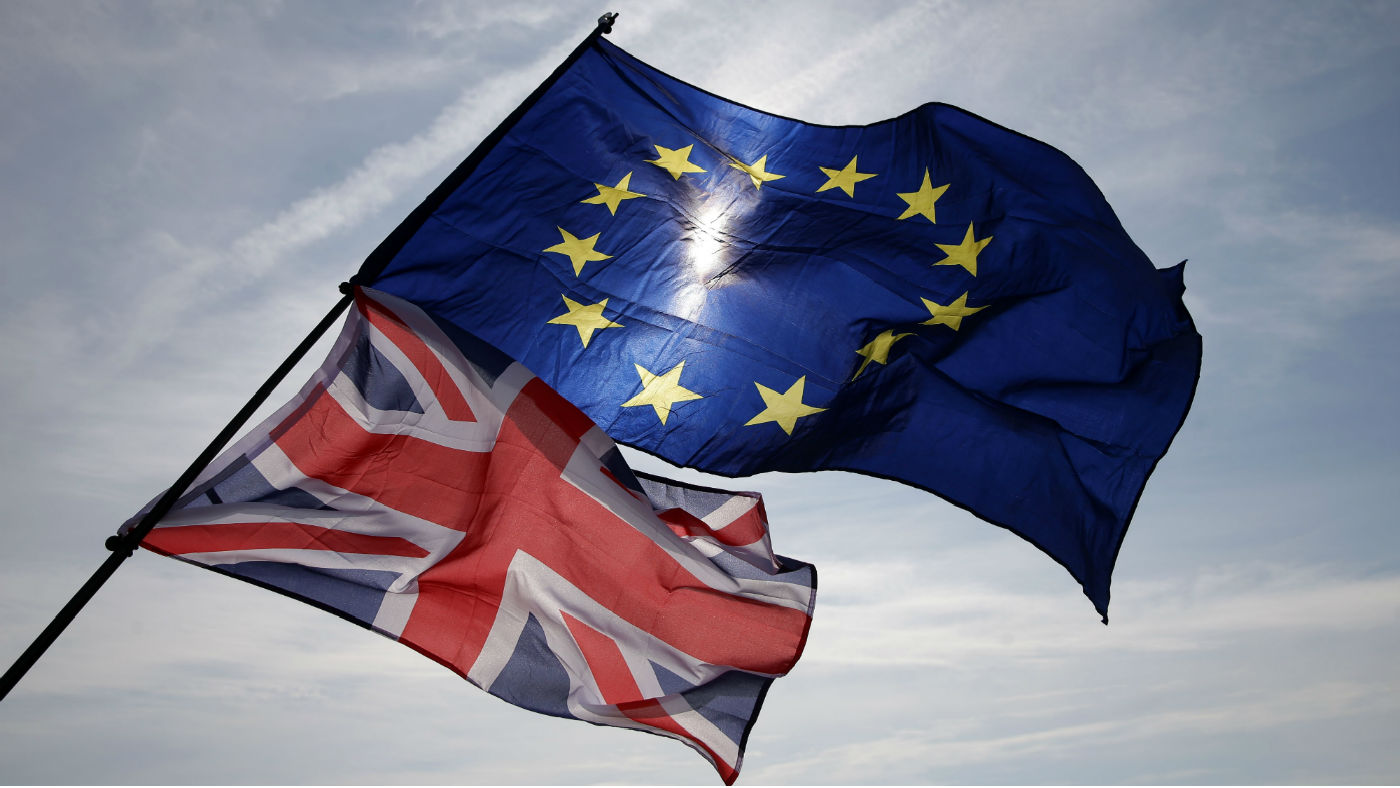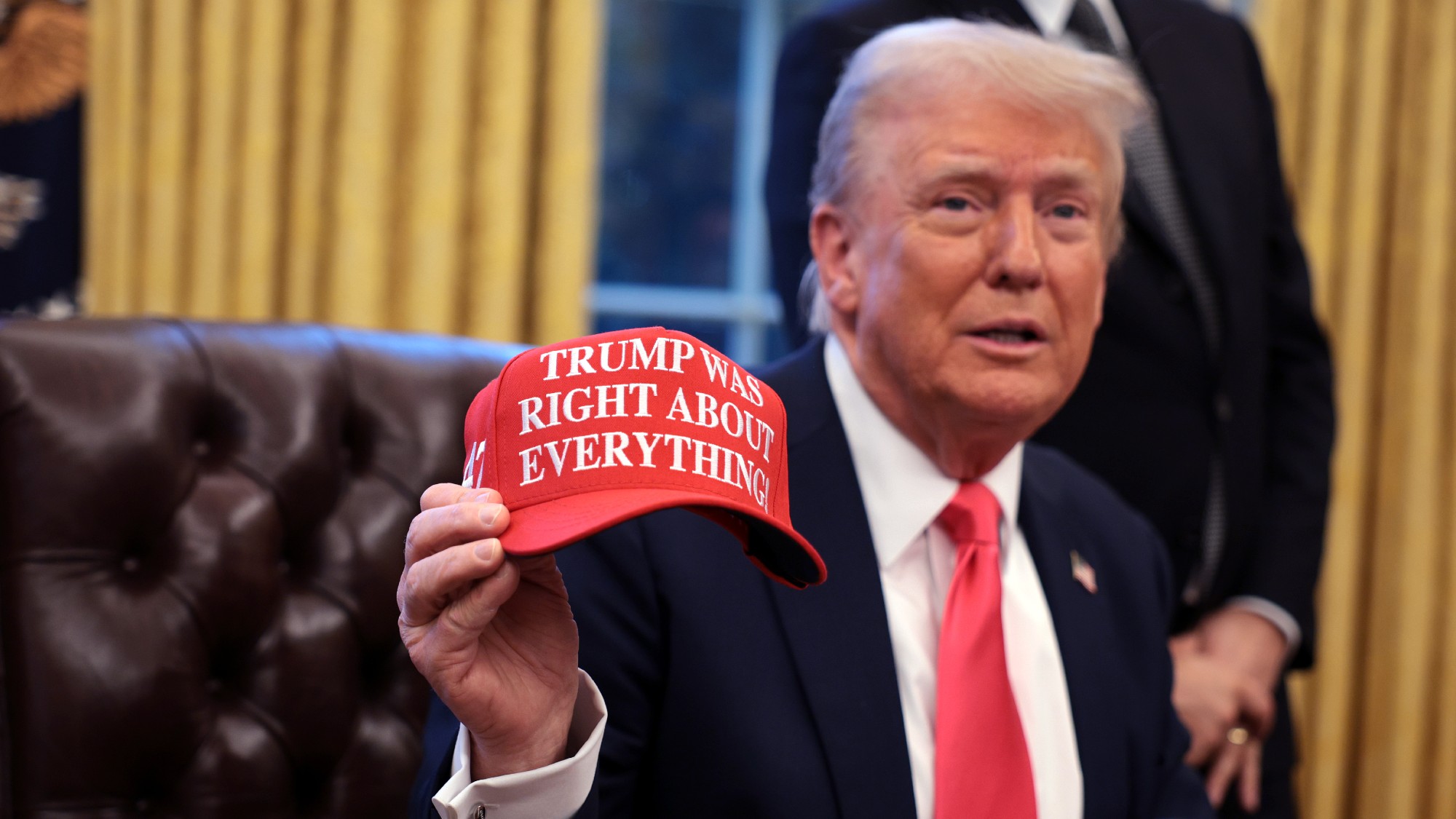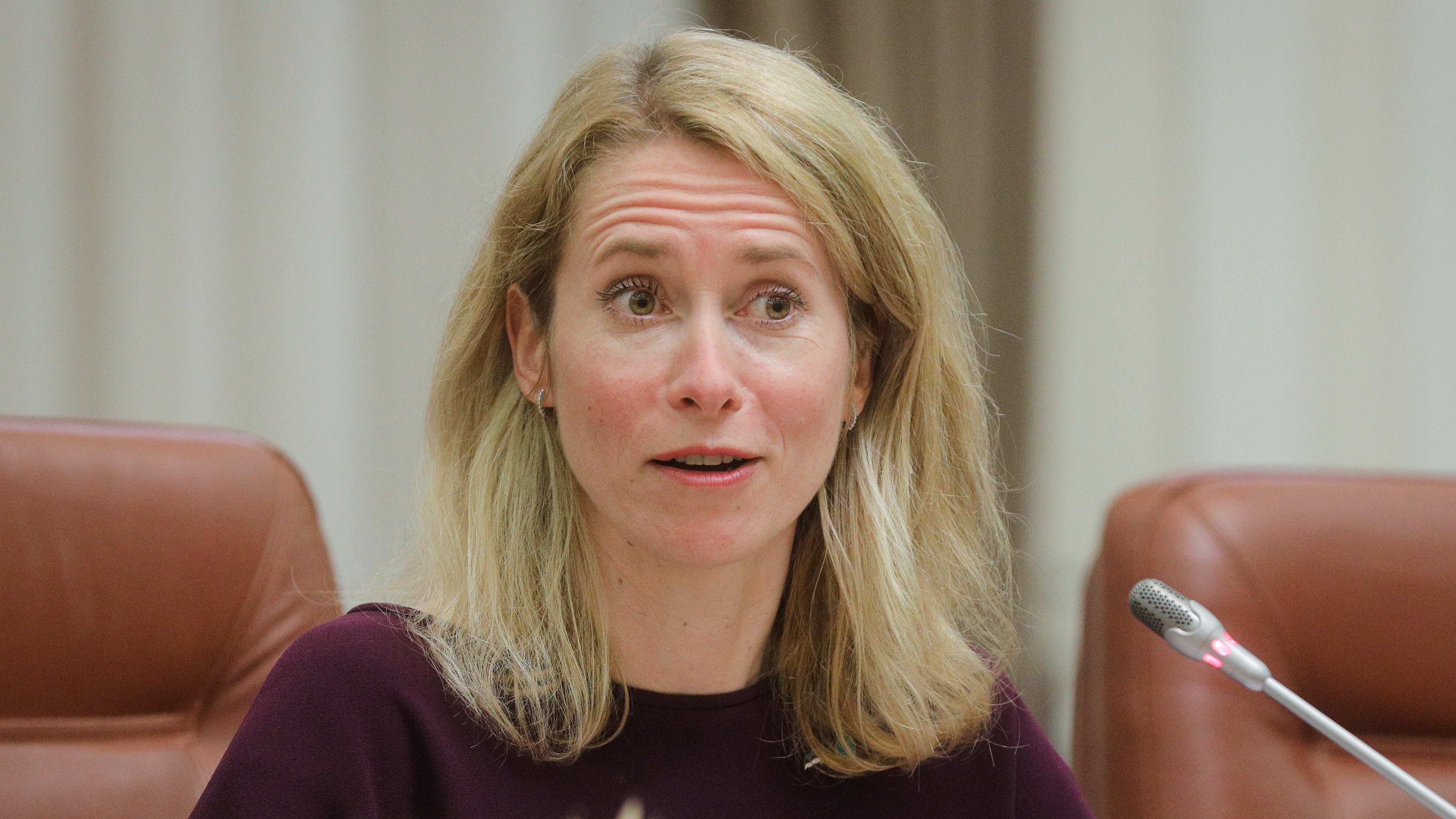Deal or no deal: showdown Brexit talks resuming in Brussels
CBI says trade agreement ‘can and must’ be reached - but Irish Taoiseach is not optimistic

A free daily email with the biggest news stories of the day – and the best features from TheWeek.com
You are now subscribed
Your newsletter sign-up was successful
The UK government and the European Union are returning to the negotiating table this week to resume discussions about the post-Brexit future.
Cabinet Office Minister Michael Gove has travelled to Brussels and is meeting with European Commission Vice-president Maros Sefcovic to talk about the divorce deal, before a fresh round of formal negotiations begins on Tuesday, the BBC reports.
The “showdown” talks mark a crucial phase of the “race against the clock” to agree a future trade deal before the Brexit transition period ends on 31 December, adds the Financial Times.
The Week
Escape your echo chamber. Get the facts behind the news, plus analysis from multiple perspectives.

Sign up for The Week's Free Newsletters
From our morning news briefing to a weekly Good News Newsletter, get the best of The Week delivered directly to your inbox.
From our morning news briefing to a weekly Good News Newsletter, get the best of The Week delivered directly to your inbox.
Earlier this month, Prime Minister Boris Johnson said that an agreement had to be reached by 15 October “if it’s going to be in force by the end of the year”.
Is progress being made?
The UK’s negotiators last week “said a lot of work remains before a deal can be reached”, the BBC reports.
Meanwhile, an EU spokesperson said that the bloc’s chief negotiator, Michel Barnier, was neither optimistic nor pessimistic, but was determined to reach an agreement.
A free daily email with the biggest news stories of the day – and the best features from TheWeek.com
The previous round of talks ended acrimoniously when the UK government introduced the Internal Market Bill, but the FT says the negotiators are seeking to build on “tentative signs of progress” which have raised hopes that a trade deal may be possible.
The UK’s David Frost said that an agreement was “very much possible, but equally very far from certain”.
He added: “The EU still needs to scale back more of its unrealistic ambitions and work on more realistic policy positions. I hope this will be possible this coming week, and I and my team are ready to work as hard as necessary to move things forward.”
CBI: deal must be agreed
UK business leaders have “heaped pressure” on the government to agree a last-minute Brexit trade deal, The Guardian reports.
A new Confederation of British Industry (CBI) survey of 648 company bosses has found that only 4% support a no-deal Brexit, while 77% want a trade agreement.
CBI boss Carolyn Fairbairn insists that a post-Brexit trade deal “can and must be made”, and is calling for “the spirit of compromise to shine through”, ITV News reports.
“Brexit talks enter the 11th hour,” Fairbairn said in a statement over the weekend. “Now must be the time for political leadership and the spirit of compromise to shine through on both sides. A deal can and must be made.
“Businesses face a hat-trick of unprecedented challenges - rebuilding from the first wave of Covid-19, dealing with the resurgence of the virus and preparing for significant changes to the UK's trading relationship with the EU.”
Ireland not optimistic
As the talks resume, Irish Taoiseach Micheal Martin has said that he believes the UK and EU are unlikely to reach a deal.
In an interview with the i news site, Martin argued that the UK’s controversial Internal Market Bill had “eroded trust” between the two sides.
However, the Taoiseach insisted he could still forge a partnership with the UK government.
“I do ultimately envisage a positive relationship between the UK and Ireland post-Brexit,” Martin said. “There simply has to be such a relationship.
“The Internal Market Bill has eroded trust, it has damaged the credibility of agreements that have been entered into, namely the withdrawal agreement and Northern Ireland protocol.
“That said, we are very keen to ensure that ultimately, Britain and the European Union have a sensible agreement that allows for free trade without quota or tariffs and that can create a foundation for a sensible, harmonious relationship between Great Britain and the European Union in the future.”
Mike Starling is the former digital features editor at The Week. He started his career in 2001 in Gloucestershire as a sports reporter and sub-editor and has held various roles as a writer and editor at news, travel and B2B publications. He has spoken at a number of sports business conferences and also worked as a consultant creating sports travel content for tourism boards. International experience includes spells living and working in Dubai, UAE; Brisbane, Australia; and Beirut, Lebanon.
-
 6 exquisite homes with vast acreage
6 exquisite homes with vast acreageFeature Featuring an off-the-grid contemporary home in New Mexico and lakefront farmhouse in Massachusetts
-
 Film reviews: ‘Wuthering Heights,’ ‘Good Luck, Have Fun, Don’t Die,’ and ‘Sirat’
Film reviews: ‘Wuthering Heights,’ ‘Good Luck, Have Fun, Don’t Die,’ and ‘Sirat’Feature An inconvenient love torments a would-be couple, a gonzo time traveler seeks to save humanity from AI, and a father’s desperate search goes deeply sideways
-
 Political cartoons for February 16
Political cartoons for February 16Cartoons Monday’s political cartoons include President's Day, a valentine from the Epstein files, and more
-
 Is Trump's tariffs plan working?
Is Trump's tariffs plan working?Today's Big Question Trump has touted 'victories', but inflation is the 'elephant in the room'
-
 Can the UK avoid the Trump tariff bombshell?
Can the UK avoid the Trump tariff bombshell?Today's Big Question President says UK is 'way out of line' but it may still escape worst of US trade levies
-
 Five years on, can Labour's reset fix Brexit?
Five years on, can Labour's reset fix Brexit?Today's Big Question Keir Starmer's revised deal could end up a 'messy' compromise that 'fails to satisfy anyone'
-
 Why au pairs might become a thing of the past
Why au pairs might become a thing of the pastUnder The Radar Brexit and wage ruling are threatening the 'mutually beneficial arrangement'
-
 Brexit: where we are four years on
Brexit: where we are four years onThe Explainer Questions around immigration, trade and Northern Ireland remain as 'divisive as ever'
-
 Is it time for Britons to accept they are poorer?
Is it time for Britons to accept they are poorer?Today's Big Question Remark from Bank of England’s Huw Pill condemned as ‘tin-eared’
-
 Is Brexit to blame for the current financial crisis?
Is Brexit to blame for the current financial crisis?Talking Point Some economists say leaving the EU is behind Britain’s worsening finances but others question the data
-
 How Brexit handed a ‘financial boon’ to former Soviet state Estonia
How Brexit handed a ‘financial boon’ to former Soviet state EstoniaIn Depth Around 4,000 companies have set up shop in member state since UK left EU, prime minister says